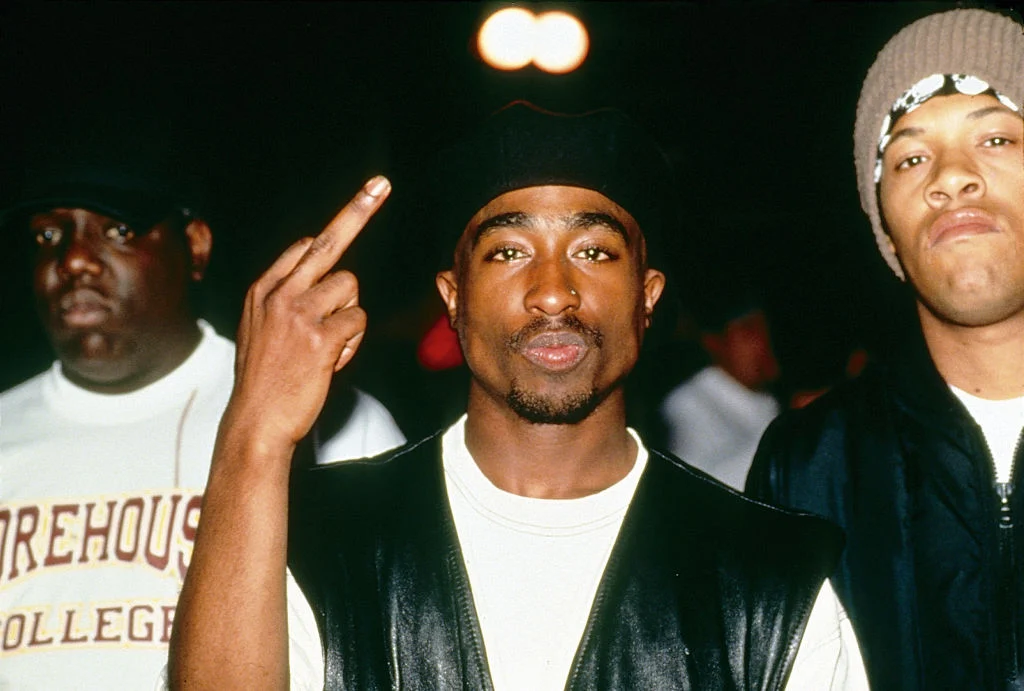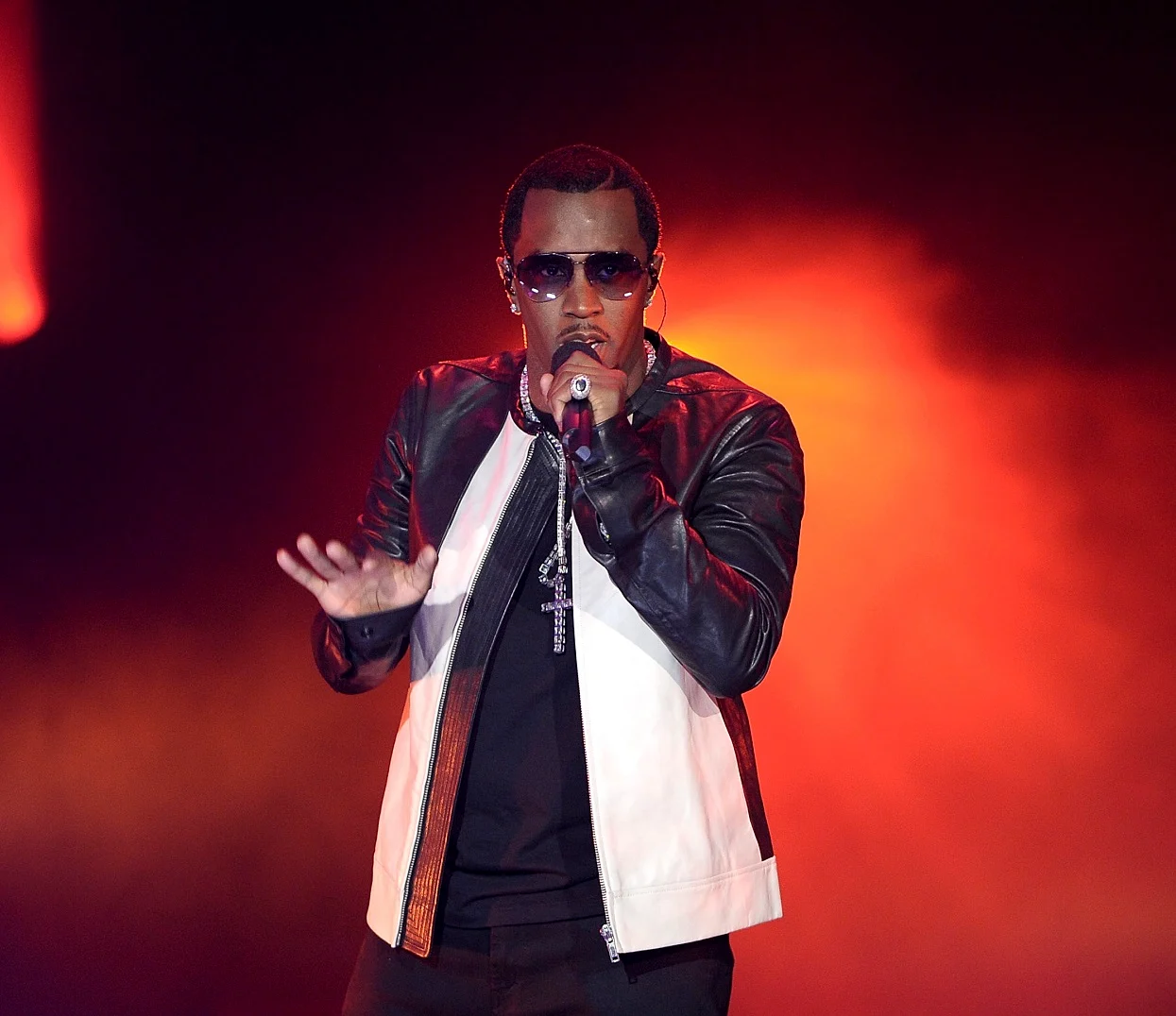Tupac Shakur’s Tragic Fortune: From Millions to $200K at Death
Tupac Shakur, known as 2Pac, was a hip-hop legend whose raw lyrics and fearless voice defined a generation. At the time of his death in 1996, his net worth was a mere $200,000, despite selling $60 million worth of albums that year alone. How could one of rap’s biggest stars, with over 75 million records sold worldwide, have so little to show for it? From his explosive rise with All Eyez on Me to his tragic death at 25, Tupac’s life was a whirlwind of talent, controversy, and financial chaos. His estate, now worth tens of millions, tells a story of posthumous triumph. Dive into the shocking truth behind Tupac’s wealth, his tangled finances, and the legacy that still captivates the world.
Who Was Tupac Shakur? The Voice of a Generation
Born Lesane Parish Crooks on June 16, 1971, in East Harlem, New York, Tupac Shakur was raised by Black Panther activists Afeni and Billy Shakur. His childhood in poverty shaped his music’s raw honesty. By his teens, he was studying acting, jazz, and poetry at the Baltimore School for the Arts, where his passion for performance blossomed. After moving to California, he dropped out of high school but earned a GED, setting the stage for his hip-hop career.
Tupac burst onto the scene in 1991 as a backup dancer and rapper for Digital Underground. His solo debut, 2Pacalypse Now, sparked controversy with tracks like “Brenda’s Got a Baby,” cementing him as a poet of the streets. Albums like Me Against the World and All Eyez on Me made him a superstar, blending gritty social commentary with chart-topping hits. Offstage, his life was a storm of legal battles, rivalries, and tragedy, culminating in his 1996 murder. Yet, his influence endures, with fans and artists still inspired by his authenticity.
“I’m not saying I’m gonna change the world, but I guarantee that I will spark the brain that will.” — Tupac Shakur
How Much Was Tupac Worth in 1996?
At the time of his death on September 13, 1996, Tupac’s net worth was just $200,000, per Forbes and estate records. Despite earning $60 million from album sales in 1996, his finances were a mess. Here’s what he left behind:
- Checking Account: $105,000, quickly consumed by court fees and taxes.
- Life Insurance: A five-figure policy paid to his half-sister, Sekyiwa.
- Cars: Two vehicles, including a Mercedes-Benz SL 500.
- No Real Estate or Investments: Tupac owned no property, stocks, or retirement accounts.
His estate was $4.9 million in debt to Death Row Records, which claimed he owed millions for lavish spending. How did a rap icon end up broke? Let’s unpack his financial chaos.
How Tupac Made and Lost His Money
Tupac’s brief career was a financial rollercoaster. Here’s how he earned—and lost—millions:
Rising with Digital Underground
Tupac’s career began with Digital Underground’s 1991 hit “Same Song.” His raw talent led to a solo deal with Interscope Records, and 2Pacalypse Now (1991) put him on the map. Tracks like “Trapped” tackled police brutality, earning critical acclaim but sparking controversy, including a lawsuit from a police officer’s widow.
Solo Stardom: Albums That Defined Hip-Hop
Tupac’s albums were both commercial and cultural landmarks:
- Strictly 4 My N.I.G.G.A.Z. (1993): Hits like “Keep Ya Head Up” and “I Get Around” went platinum.
- Me Against the World (1995): Released during his prison stint, it hit #1 on the Billboard 200 with “Dear Mama.”
- All Eyez on Me (1996): A double album with “California Love,” it sold 5x platinum.
- The Don Killuminati: The 7 Day Theory (1996): Released as Makaveli, it went 4x platinum posthumously.
These albums grossed millions, but Tupac saw little of it due to debts and label disputes.
Thug Life and Collaborations
In 1993, Tupac formed Thug Life with Big Syke and his stepbrother Mopreme. Their album Thug Life: Volume 1 (1994) went gold, adding to his earnings but not enough to offset his spending.
Film Career: A Rising Star
Tupac starred in films like Juice (1992), Poetic Justice (1993), and Above the Rim (1994), earning critical praise. Posthumous releases like Gridlock’d (1997) added to his legacy. His film roles brought in modest income but boosted his cultural impact.
Why Was Tupac Broke? The Financial Mess
Despite his success, Tupac’s lavish lifestyle and label debts drained his wealth:
- Death Row Loans: The label fronted millions for cars, homes, and a $300,000 hotel bill.
- Family Support: Tupac paid $16,000 monthly to support his mother, Afeni.
- Legal Fees: Lawsuits and prison time racked up costs.
- No Will: His lack of a will left his estate vulnerable to creditors.
Death Row claimed Tupac owed $4.9 million, a debt Interscope later halved. His mother, Afeni, fought to reclaim unpaid royalties, securing $5 million from Interscope to stabilize the estate.
Estate Value: A Posthumous Fortune
After Tupac’s death, Afeni Shakur took control of his estate, turning a $200,000 legacy into tens of millions. Posthumous albums like Still I Rise and Pac’s Life, along with merchandise and licensing, generated significant revenue. By 2025, the estate’s value is estimated at $40–50 million, per Billboard, driven by:
- Album Sales: Over 75 million records sold worldwide.
- Licensing: Tupac’s image in films, documentaries, and merch.
- Streaming: Hits like “Changes” dominate Spotify and Apple Music.
Afeni’s legal battles with Death Row ensured the estate’s growth, making Tupac one of the highest-earning deceased artists, alongside Michael Jackson and Elvis Presley.
Legal Troubles: A Life of Conflict
Tupac’s legal issues were relentless:
- 1993 Sexual Assault Case: Convicted of first-degree sexual abuse, he served time in 1995.
- 1993 Police Shooting: Arrested for shooting two off-duty officers in Atlanta, later deemed self-defense.
- 1994 Assault: Jailed for attacking a film director.
- 1996 Violations: Arrested for firearms and parole issues.
These battles drained his finances and fueled his feud with Bad Boy Records, escalating tensions with The Notorious B.I.G.
Relationships: Bonds Amid Chaos
Tupac’s friendships with Jada Pinkett, Madonna, and Mickey Rourke were lifelines during his legal woes. He married Keisha Morris in 1995 while in prison, but the marriage was annulled after 10 months. His personal life, often overshadowed by drama, showed his loyalty and vulnerability.
Shootings and Death: A Tragic End
In 1994, Tupac survived a robbery and shooting at Quad Studios, blaming Bad Boy’s Sean Combs and B.I.G. On September 7, 1996, he was shot four times in a Las Vegas drive-by after a Mike Tyson fight. He died six days later at 25. Theories point to Crips member Orlando Anderson or Bad Boy rivals, but the case remains unsolved, per Rolling Stone.
Tupac’s Legacy: An Enduring Icon
Tupac’s impact is undeniable:
- 75 Million Records Sold: A global hip-hop legend.
- Rock and Roll Hall of Fame: Inducted in 2017.
- Cultural Influence: Films like Tupac: Resurrection and All Eyez on Me keep his story alive.
- Social Commentary: Songs like “Dear Mama” and “Changes” inspire activists and artists.
His raw honesty and defiance continue to resonate, making him a symbol of resistance.
What’s Next for Tupac’s Legacy?
In 2025, Tupac’s estate thrives under new management after Afeni’s 2016 death. New documentaries, biopics, and unreleased tracks are rumored, with his music still dominating streaming platforms. His influence on artists like Kendrick Lamar and J. Cole ensures his voice lives on.
Why Tupac’s Story Matters
Tupac’s life was a paradox: a poet and provocateur, a millionaire with pennies to his name. His $200,000 net worth at death belied his cultural wealth. From poverty to global fame, his story is a testament to talent and tragedy. His estate’s rise to millions proves his enduring power.
What’s your take on Tupac’s legacy? Share below and stay tuned for more on his timeless impact!














